Actionable Items for You:
Investing in yourself is likely the best investment you can make. There are tons of ways to do it, a few are below.
We talked about starting that side-hustle above, but maybe the first step for you is to sharpen your skills for something in-demand. That leads to something we promote heavily here at Freeman Capital - investing in yourself.
The most powerful thing you can do to launch yourself into a higher-paying job is to… make yourself more valuable. Take a writing course. Take a marketing course. Learn how to use a new online product, or sharpen your Microsoft Office skills. All of these things can help you set yourself apart and, worst case, give you some new skills you will likely use down the road.
Here are seven simple ways to start investing in yourself:
Take a class or workshop
- Read
- Network
- Hire a business or career coach
- Start a side hustle
- Prioritize self-care and breaks to increase productivity
- Boost your health and wellness
You got this. One mantra to live by - One good day can lead to one good week. One good week can lead to one good month. One good month can lead to one good quarter. And put a few good quarters in a row and you can have a good year. The message? Consistency is key.
Compound Interest

Actionable Items for You:
- Compound interest can lead to big money over time. It’s basically earning extra money that your money made, and small numbers can lead to big results.
- If you have the right plan, patience, and a lot of time, your goals are probably more in reach than you think.
- Would you rather have a penny that doubles everyday for a month, or a cool $1 million up front? Don’t think about it too much, we’ll hit you with the answer below.
Ever heard the saying, “It’s not about timing the market, it's about time in the market?”
While it’s nice to be able to throw that out at dinner parties or as a retort to your Gen Z coworker who is playing the crypto market, what the saying is really referring to is a concept called compound interest, or compound returns. When Albert Einstein was asked what mankind’s greatest invention was, he replied, “Compound interest.”
So, what is compound interest?
It’s how your money makes money. And when your money makes money, the money that made money can also make money, compounding your money so you can retire early or buy that vacation home. Easy, right?
For math nerds, the compound interest formula is here:

Source: The calculator site
The biggest part of that equation is actually the little “t” on the top right - time. Essentially, the longer you invest, the more time your money can ‘compound’ itself, and even a small amount of returns every year can lead to big time returns.
Don’t believe me? If you save $10,000 and manage to get 5% a year, or $500 a year, you’d think after 20 years the amount would be about $20,000 total ($10,000 principal, $500 interest x 20 years = $20k). With the miracle of compound interest, the amount is actually $26,532.98. That little $500 a month gave you an extra 6 and half g’s, for nothing. That’s the miracle of compound interest - have some fun with a calculator here.
Did you choose the cool milly or did you take the doubling penny? Gimme that magic penny, every time. After 30 days, if you took a single penny and doubled it every day, you’d end up with $5,368,709.12.
Warren Buffett and Charlie Munger Advice
Some key takeaways from legendary investors Warren Buffett and Charlie Munger
Who are these two old white dudes?
Well if you combine their net worth with mine, together we have about $111.5 billion. That's $109.3 billion for Buffett (left), $2.2 billion for Munger (right), and … well you get the idea.
This aside, these two manage one of the most successful companies of all time, the Berkshire Hathaway conglomerate out of Omaha. And what they do best is invest for the long term. In fact, the price of their stock has gotten so high (Over $437,000 per SHARE) that the Nasdaq's computers literally can't handle it.
They met in the last week to announce corporate results, which is always must-watch tv for finance nerds like us. A couple of immediate takeaways for y'all:
1.) They do not think the average person can pick stocks
We agree, as over the long term, buying the next hot stock or crypto or whatever can really hurt your long term returns. Best to stay diversified and long-term.
2.) They may have been too passive back in March, but they don't regret it
Berkshire has a massive cash pile, and is known for giant acquisitions – and the famous quote of "being fearful when others are greedy, and greedy when others are fearful."
But last March, when the market was bottoming, they sold airlines and didn’t buy much, not anticipating how fast the Fed would help. At the end of the day, though, Munger noted "you can't aniticpate when the market bottom is."
3.) SPACs and Robinhood are fueling the Casino
Buffett doesn’t like Special Acquisition Purpose Vehicles, i.e. an easy eay for private companies to go public. He criticized their makeup, saying that investors end up paying "silly fees" because the managers get a fee when money is invested, not necessarily finding the best investments.
Robinhood got particularly shamed for creating a "gambling" app for investing, and noted that the little guy is not getting "free" investments. Robinhood sells the data of trades to major players in the space like hedge funds, who use that information to profit. As is often said, if the product is free, you are the product.
4.) Crypto = bad
We know what side of the coin these guys fall on, and Buffett declined to comment on the crypto space. But Munger didn't hold back, saying that he doesn’t "welcome a means for paying kidnappers and extortionists."
5.) The biggest takeaway – don’t bet against America
As long as you invest in a strongly diversified portfolio, in the long-run, Buffett has always said to not bet against America. Stocks and companies win long term, not speculation

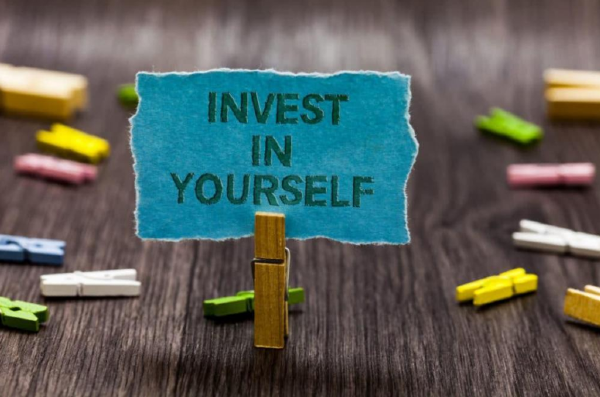

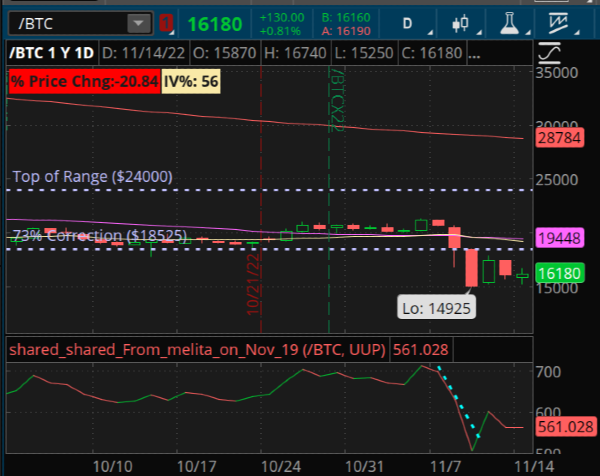
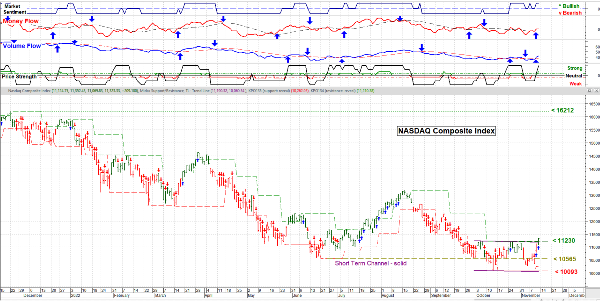

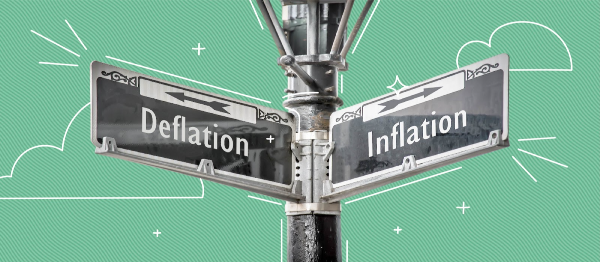
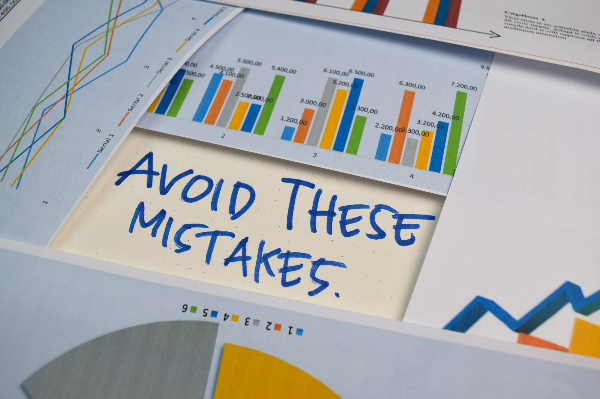
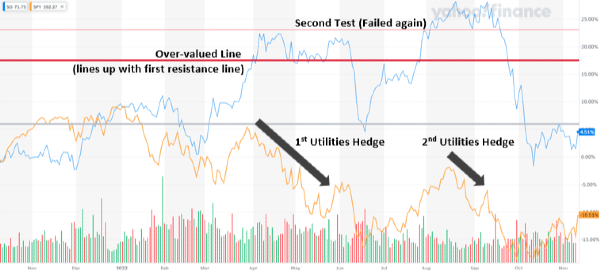


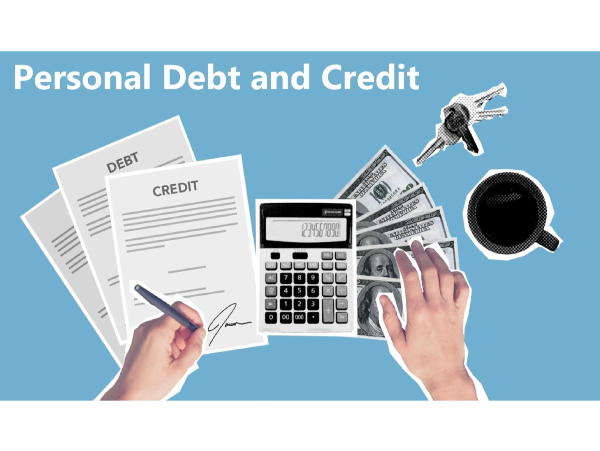


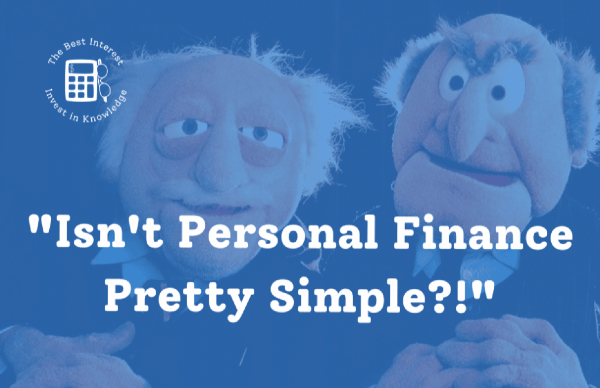
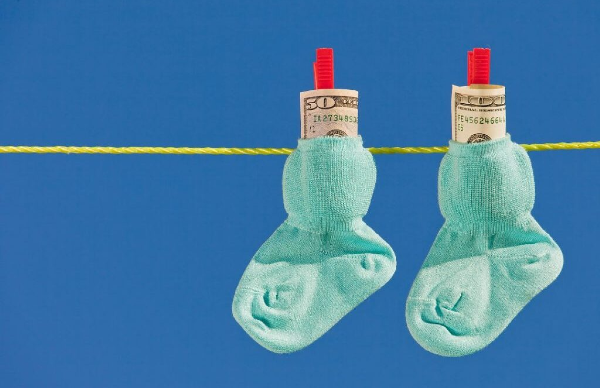


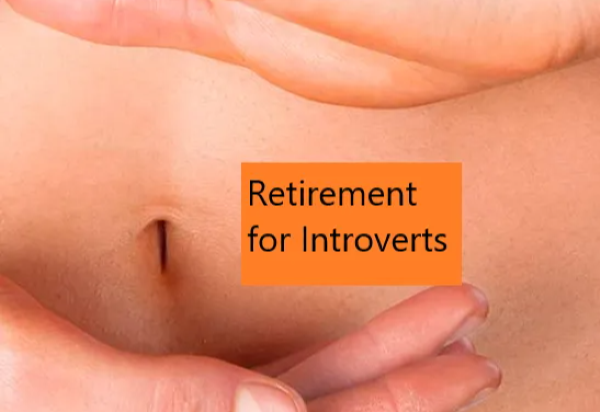
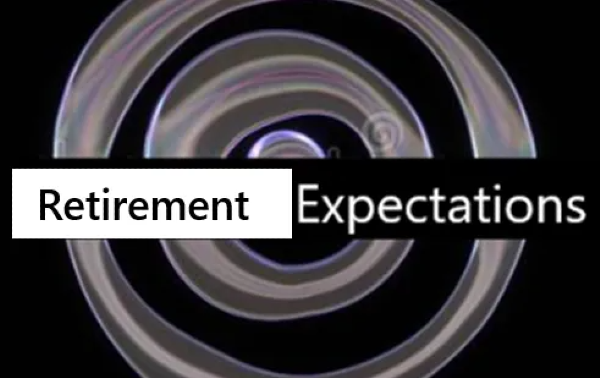

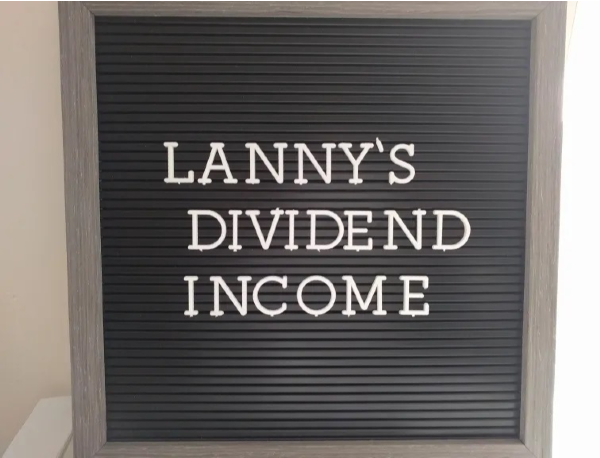
Source: Moneycrashers.com
Actionable Items for You: Investing in yourself is likely the best investment you can make. There are tons of ways to do it, a few are below. We talked about starting that side-hustle above, but maybe the first step for you is to sharpen your skills for something in-demand. That leads to something we promote heavily here at Freeman Capital - investing in yourself. The most powerful thing you can do to launch yourself into a higher-paying job is to… make yourself more valuable. Take a writing course. Take a marketing course. Learn how to use a new online product, or sharpen your Microsoft Office skills. All of these things can help you set yourself apart and, worst case, give you some new skills you will likely use down the road. Here are seven simple ways to start investing in yourself: Take a class or workshop
You got this. One mantra to live by - One good day can lead to one good week. One good week can lead to one good month. One good month can lead to one good quarter. And put a few good quarters in a row and you can have a good year. The message? Consistency is key.
Compound Interest
Source: mtv.com
Actionable Items for You:
So, what is compound interest?
It’s how your money makes money. And when your money makes money, the money that made money can also make money, compounding your money so you can retire early or buy that vacation home. Easy, right?
For math nerds, the compound interest formula is here:
Source: The calculator site
The biggest part of that equation is actually the little “t” on the top right - time. Essentially, the longer you invest, the more time your money can ‘compound’ itself, and even a small amount of returns every year can lead to big time returns. Don’t believe me? If you save $10,000 and manage to get 5% a year, or $500 a year, you’d think after 20 years the amount would be about $20,000 total ($10,000 principal, $500 interest x 20 years = $20k). With the miracle of compound interest, the amount is actually $26,532.98. That little $500 a month gave you an extra 6 and half g’s, for nothing. That’s the miracle of compound interest - have some fun with a calculator here.
Did you choose the cool milly or did you take the doubling penny? Gimme that magic penny, every time. After 30 days, if you took a single penny and doubled it every day, you’d end up with $5,368,709.12.
Warren Buffett and Charlie Munger Advice
Some key takeaways from legendary investors Warren Buffett and Charlie Munger
Who are these two old white dudes? Well if you combine their net worth with mine, together we have about $111.5 billion. That's $109.3 billion for Buffett (left), $2.2 billion for Munger (right), and … well you get the idea. This aside, these two manage one of the most successful companies of all time, the Berkshire Hathaway conglomerate out of Omaha. And what they do best is invest for the long term. In fact, the price of their stock has gotten so high (Over $437,000 per SHARE) that the Nasdaq's computers literally can't handle it. They met in the last week to announce corporate results, which is always must-watch tv for finance nerds like us. A couple of immediate takeaways for y'all:
1.) They do not think the average person can pick stocks
We agree, as over the long term, buying the next hot stock or crypto or whatever can really hurt your long term returns. Best to stay diversified and long-term.
2.) They may have been too passive back in March, but they don't regret it
Berkshire has a massive cash pile, and is known for giant acquisitions – and the famous quote of "being fearful when others are greedy, and greedy when others are fearful."
But last March, when the market was bottoming, they sold airlines and didn’t buy much, not anticipating how fast the Fed would help. At the end of the day, though, Munger noted "you can't aniticpate when the market bottom is."
3.) SPACs and Robinhood are fueling the Casino
Buffett doesn’t like Special Acquisition Purpose Vehicles, i.e. an easy eay for private companies to go public. He criticized their makeup, saying that investors end up paying "silly fees" because the managers get a fee when money is invested, not necessarily finding the best investments. Robinhood got particularly shamed for creating a "gambling" app for investing, and noted that the little guy is not getting "free" investments. Robinhood sells the data of trades to major players in the space like hedge funds, who use that information to profit. As is often said, if the product is free, you are the product.
4.) Crypto = bad We know what side of the coin these guys fall on, and Buffett declined to comment on the crypto space. But Munger didn't hold back, saying that he doesn’t "welcome a means for paying kidnappers and extortionists."
5.) The biggest takeaway – don’t bet against America
As long as you invest in a strongly diversified portfolio, in the long-run, Buffett has always said to not bet against America. Stocks and companies win long term, not speculation